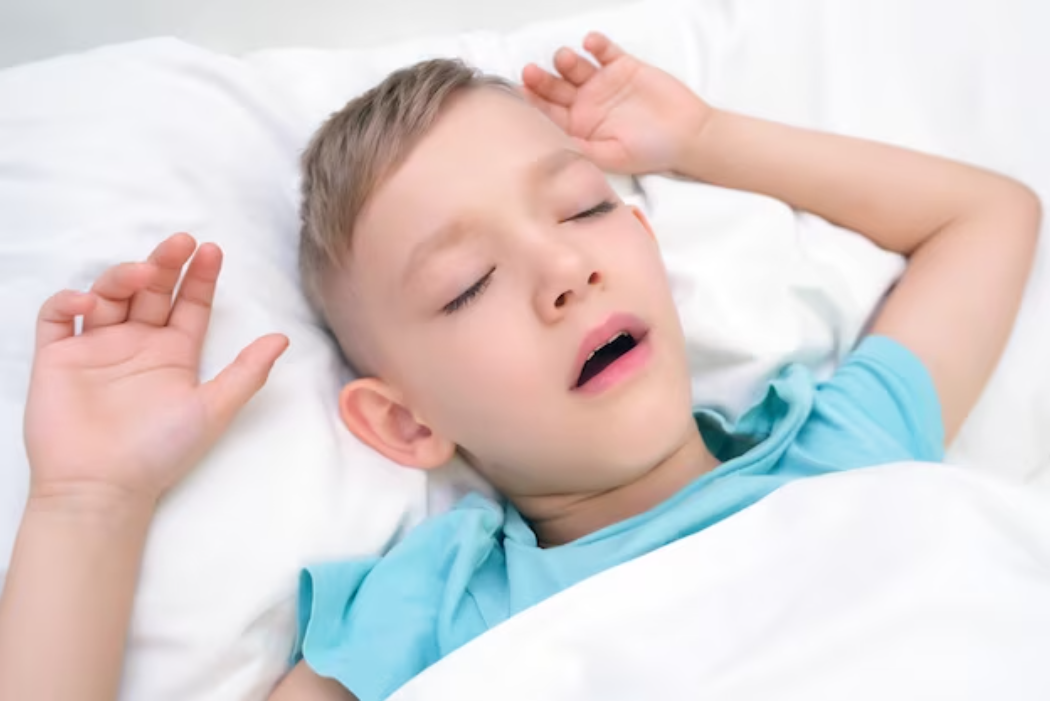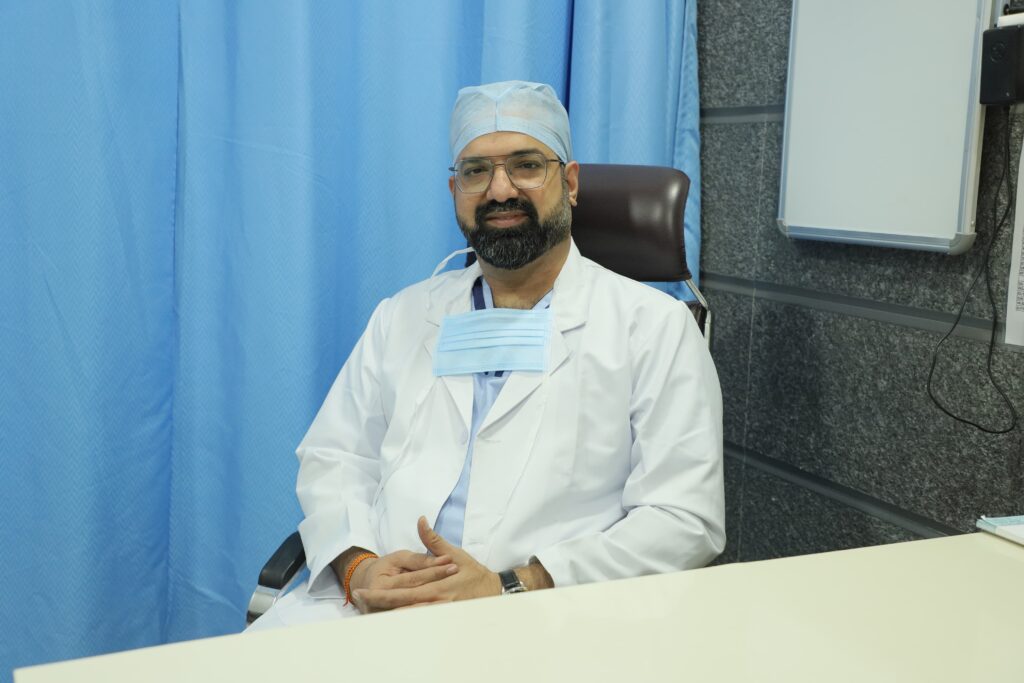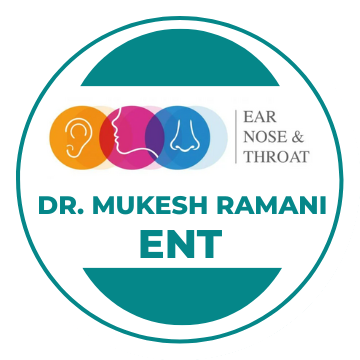Services
We Provide

Understanding Snoring and Mouth Breathing in Kids
Snoring and mouth breathing are common issues that can affect children’s sleep quality and overall health. While occasional snoring or mouth breathing may not be cause for concern, persistent or severe symptoms may indicate underlying issues that require attention. Understanding the causes, symptoms, diagnosis, and treatment options for snoring and mouth breathing in kids is essential for promoting healthy sleep habits and addressing potential health concerns.
Diagnosis of Snoring and Mouth Breathing
Diagnosing snoring and mouth breathing in children typically involves a comprehensive evaluation by a healthcare provider, often an otolaryngologist (ear, nose, and throat specialist) or a pediatric sleep specialist. During the examination, the provider may review the child’s medical history and perform tests such as:
- Physical Examination: A physical examination of the nose, throat, and airway to assess for signs of obstruction or structural abnormalities.
- Sleep Study: A sleep study, also known as polysomnography, may be recommended to evaluate the child’s sleep patterns, breathing, and oxygen levels during sleep.
Causes of Snoring and Mouth Breathing
Several factors can contribute to snoring and mouth breathing in children, including:
- Enlarged Tonsils or Adenoids: Enlarged tonsils or adenoids can obstruct the airway during sleep, leading to snoring and mouth breathing.
- Nasal Congestion: Nasal congestion due to allergies, colds, or sinus infections can force children to breathe through their mouths instead of their noses, resulting in mouth breathing.
- Obesity: Excess weight can contribute to the development of obstructive sleep apnea (OSA), a condition characterized by repeated pauses in breathing during sleep and often accompanied by snoring.
- Structural Abnormalities: Structural abnormalities in the nose, throat, or airway, such as a deviated septum or narrow airway, can increase the risk of snoring and mouth breathing.
- Allergies: Allergies to environmental triggers such as pollen, dust mites, or pet dander can cause nasal congestion and force children to breathe through their mouths.
Symptoms of Snoring and Mouth Breathing
Common symptoms of snoring and mouth breathing in kids may include:
- Loud Snoring: Persistent or loud snoring, particularly during deep sleep.
- Mouth Breathing: Breathing primarily through the mouth instead of the nose during sleep.
- Restless Sleep: Restless or disrupted sleep, with frequent awakenings or changes in sleep position.
- Daytime Fatigue: Excessive daytime sleepiness or fatigue due to poor sleep quality.
- Behavioral Issues: Behavioral problems such as irritability, difficulty concentrating, or hyperactivity due to inadequate sleep.
It’s important to seek medical attention if your child experiences persistent or severe symptoms of snoring and mouth breathing, as they may indicate underlying issues such as obstructive sleep apnea or allergies that require treatment. Treatment for snoring and mouth breathing in children may include addressing underlying causes such as allergies or enlarged tonsils, using continuous positive airway pressure (CPAP) therapy for obstructive sleep apnea, or implementing lifestyle changes to promote healthy sleep habits. With proper diagnosis and treatment, children with snoring and mouth breathing can achieve better sleep quality and overall health.
18+
years
of experience

Dr. Mukesh Kumar Ramani
Dr. Mukesh Kumar Ramani is a dedicated Specialist ENT Surgeon at Aster Clinic (Aster Jubilee Medical Complex) in Burdubai, Dubai. With over 18 years of experience in the field, Dr. Ramani has garnered expertise in various aspects of Otorhinolaryngology.
He completed his MBBS from Thanjavur Medical College, Tamilnadu, India, followed by MS (ENT) from B. J. Medical College, Ahmedabad, India, and DNB from the National Board of Examinations, New Delhi, India. Dr. Ramani’s extensive academic background is complemented by his passion for delivering high-quality patient care.
